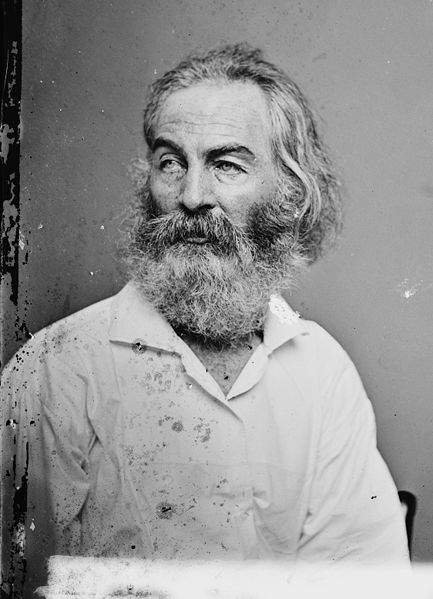But as we turn again to Thucydides, let us ultimately not fail our history lesson as we attempt to discern the truth about our human nature. This, I believe, can be summarized eloquently by Edith Hamiliton, excerpted from her book, The Greek Way:
It was something far beneath the surface, deep down in human nature, and the cause of all the wars ever fought. The motive power was greed, that strange passion for power and possession which no power and no possession satisfy. Power, Thucydides wrote, or its equivalent wealth, created the desire for more power, more wealth.Why we find ourselves in the realm of the prophets at the end of this so called, "Age of Reason", to draw on science, is because neuroscientists have demonstrated that the ability to reason is inseparable from emotion. Thus we must contend with the passions that underlie our reason, including our rationales for war. Napoleon saw himself as spreading the enlightenment. Hitler saw himself as fulfilling a German destiny of becoming the master race. Here in America, we must guard against rationales for war that invoke the spreading of freedom and democracy when in truth, partial or otherwise, the motives go deeper.
With the onset of the enlightenment, it was thought that through education and reason, humans would progress. Since the onset of the First World War, that view has dimmed. We're in the realm of the prophets to discover that which can contain our destructive passions.














No comments:
Post a Comment